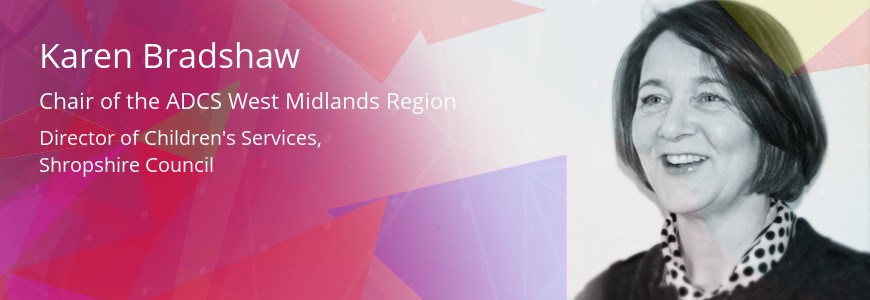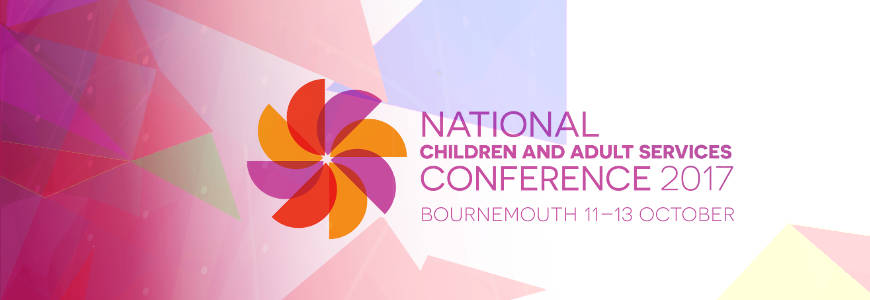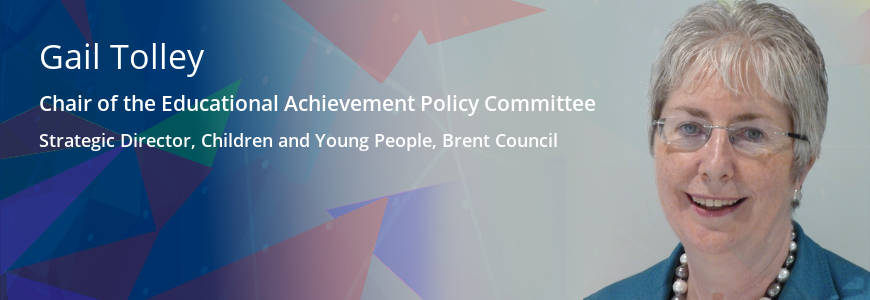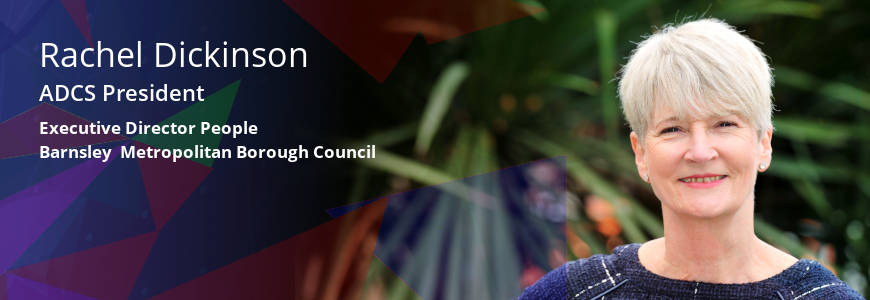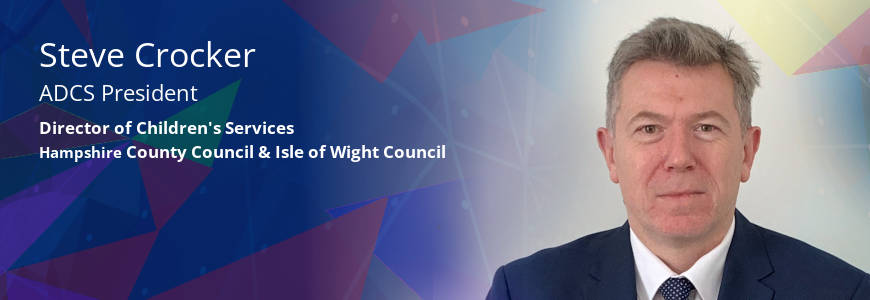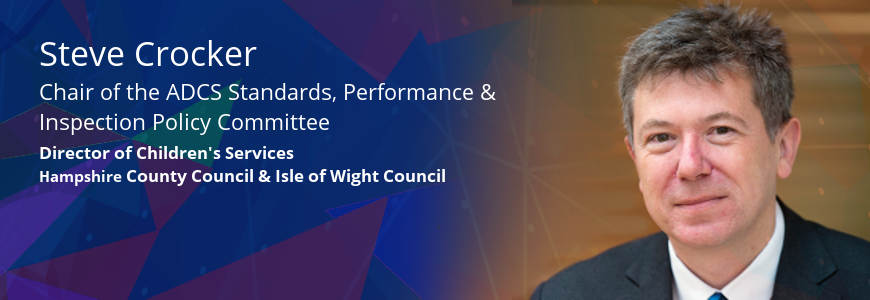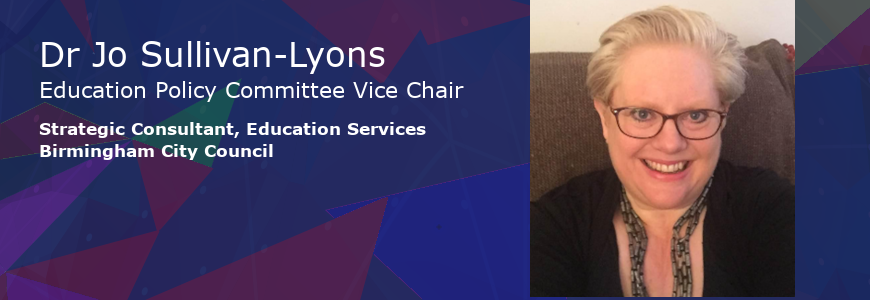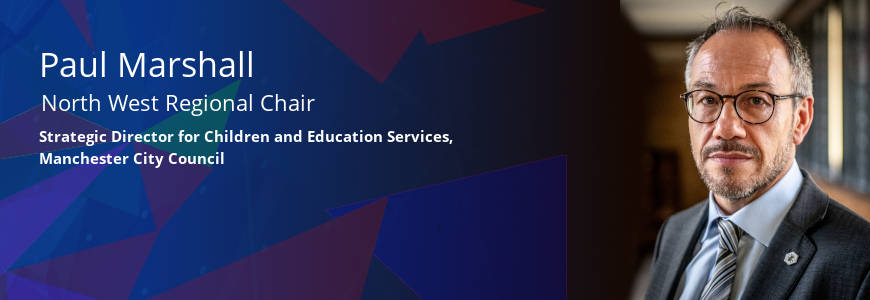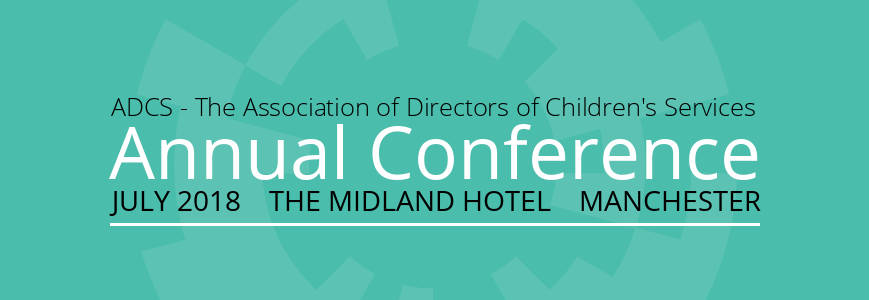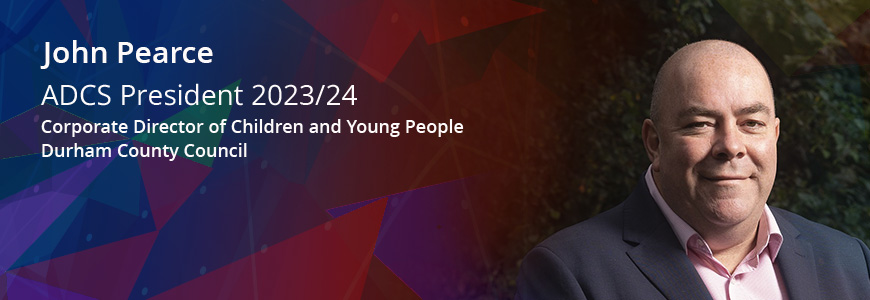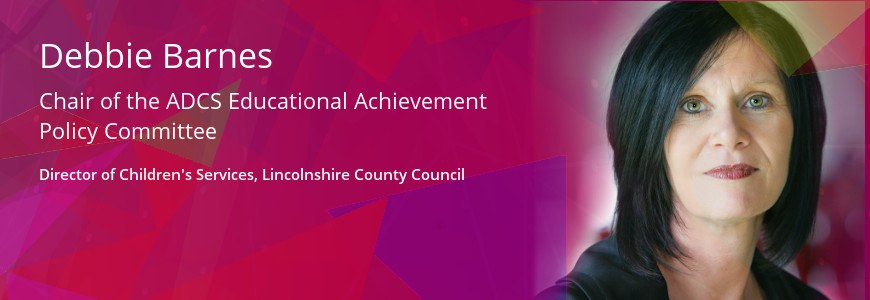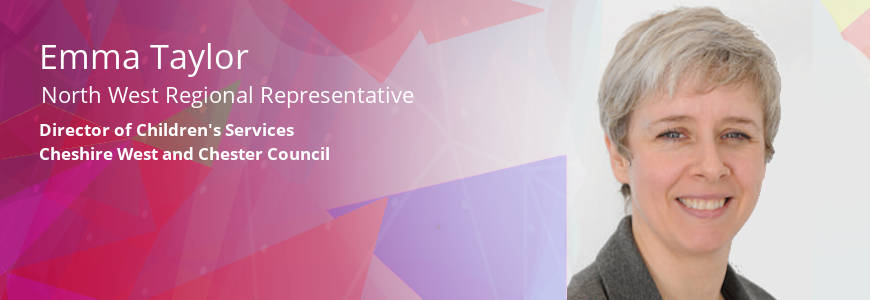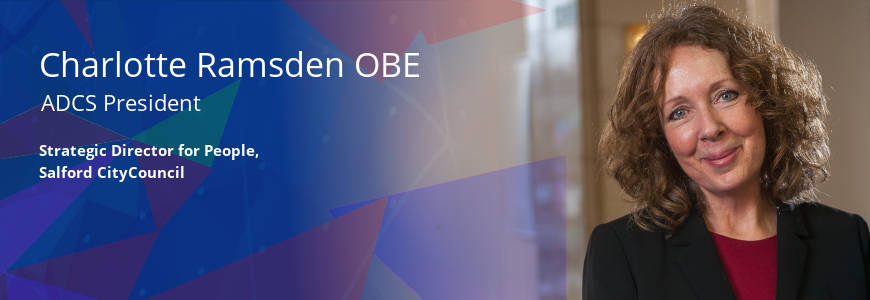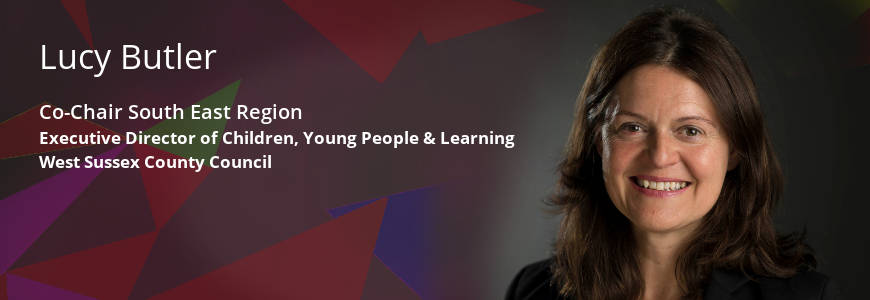How on earth do you manage to sleep at night?
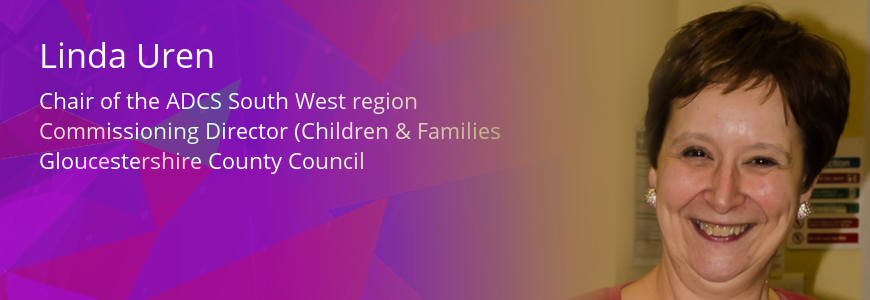
‘How on earth do you manage to sleep at night?’ This was a question I was asked during a particularly enjoyable peer review. The implication I presume being that given the nature of the DCS role I should be tossing and turning all night. As it happens I have always been a good sleeper and just as well since there’s certainly no time to relax during the working day. However, sleeping isn’t just an issue for directors it’s also becoming a significant issue for young people.
In Gloucestershire we have been conducting an online survey of pupils in our schools biennially since 2005; we are now on our sixth survey with over 29,000 children and young people taking part assisted by all our secondaries, most primaries, colleges and some independent schools. The survey is made up of a range of questions covering various topics including healthy eating, physical activity and mental health and wellbeing, to name but a few - helping us to find out what pupils think about a range of issues. Schools are able to access the data produced themselves and use it to plan PSHE lessons and other activities and, of course, demonstrate impact to Ofsted. Many schools have used the survey to help them with tackling bullying and the survey does show increasing confidence over time in the way that schools respond to bullying. It is also useful to correct common misconceptions about young people, for example it consistently tells us that the most common form of bullying is verbal with cyber bullying only affecting 2.8% of children, 87% of pupils in Years 8 and 10 have never tried smoking, and 93% have never used illegal drugs. These rates have altered little over the last 10 years.
But to get back to sleeping, one issue that has come to the fore this year is that our children don’t seem to be getting as much sleep as they need. On average children reported that they had 7 ½ hours sleep on the previous night – children under 10 should have 10 hours and teenagers 8 ½ hours apparently. A significant group also said that they either watched TV or used the internet prior to going to sleep – 29% of secondary pupils were online which is an increasing trend. We are now planning a local campaign because we know lack of sleep can be associated with mental health issues and obesity – another worry especially as levels of physical activity do not seem to be improving. So parents and carers – introduce a new online ‘patrol’, turn off the router and read a book instead of doing your emails before you go to sleep!
Finally, the survey shows that our happiness level seems to peak in Year 6, perhaps there’s something about the last year of primary school that gives everything a rosy hue for most of us or maybe it’s just that the hormones haven’t kicked in. Anyway this week I woke up in the middle of the night and realised that I’d forgotten to buy a secret Santa present for our joint commissioning board. Now that’s the sort of thing that keeps me awake!
Related Blog Articles
After reading a previous ADCS blog written by one of my peers, I decided to...
In General
The National Children and Adult Services Conference 2017 opened on Wednesday 11...
In General
In ADCS Vice President Charlotte Ramsden’s blog at the beginning of 2021, she...
In Education
Yesterday, I was extremely proud to deliver my inaugural speech as ADCS...
In General
I had the good fortune to go to the cricket last week at the Oval to watch...
In General
It looks like it’s going to be a busy period for the ADCS Standards,...
In General
I was delighted to see that the National Association of Virtual School Heads...
In Education
Last week I had the great privilege of delivering my inaugural speech as ADCS...
In General
If this pandemic has done one thing, it has allowed us the opportunity to...
In General
The ADCS Annual Conference 2018 opened on Wednesday 4 July in a very sunny...
In General
We are coming to that time of year when letters to Father Christmas have been...
In General
I am sure you will all have read the ‘Educational Excellence Everywhere’...
In Education
Recently, I chaired the North West’s School Improvement Group and also led a...
In Education
As I write this, I can’t believe a whole year as ADCS President has passed so...
In General
Cast your mind back to January 2021, the country is in its third and most...

